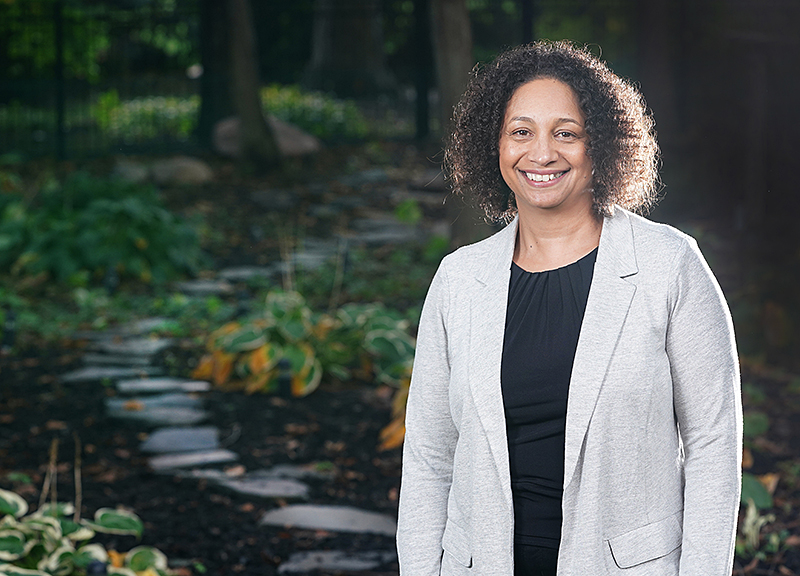RRDC, NCRCRD celebrate 50 years of rural development
 Maria Marshall
Maria Marshall WEST LAFAYETTE, Ind. — August will mark 50 years since President Richard Nixon signed the Rural Development Act of 1972, creating the Rural Regional Development Centers located throughout the United States.
The North Central Regional Center for Rural Development (NCRCRD), currently hosted by Purdue University, reaches across this region to create resilient communities and economies, develop leadership and civic engagement, and promote health and wellness through the network of fellow land-grant universities.
“Having the NCRCRD managed and hosted at Purdue under the capable leadership of Maria Marshall and the assistant director Michael Wilcox is an honor for our college and university and further fulfills our commitment to our land-grant mission,” said Karen Plaut, the Glenn W. Sample Dean of Purdue’s College of Agriculture.
Marshall, director of the NCRCRD and the Jim and Lois Ackerman Endowed Chair in Agricultural Economics, said that when Purdue began managing the NCRCRD in September 2020, COVID-19 obstacles initially made regular operations difficult.
“Usually, directors go around and visit the 34 universities, and now it has been rather hit or miss doing that,” Marshall said. “So, we’ve been working on other ways to facilitate those meetings, which Zoom and Microsoft Teams have made easier. But there is nothing like physically being there at a university.”
The one university Marshall has been able to visit between pandemic hurdles has been Ohio State University, where, Marshall said, she was able to meet with research and extension faculty and staff to assist in identifying areas of collaboration.
The NCRCRD has found ways to continue forward with its mission despite the hurdles, Marshall said, hosting webinar series to help connect rural development researchers and extension professionals with each other and with stakeholder groups.
Something NCRCRD has been working to build on over the last year is further involving the 1890, historically Black land-grant universities, and the 1994 land-grant Tribal Colleges and Universities, in fostering rural development.
Marshall said there are plans to celebrate the golden anniversary of the RRDCs through monthly pieces of content distributed through the center’s newsletters, conferences and a series of listening sessions focused on rural prosperity and economic development.
“We’ve been here for 50 years, and we’ve done great work so far,” she said. “But we look forward to continuing through another 50 years of helping rural communities continue to prosper.”
